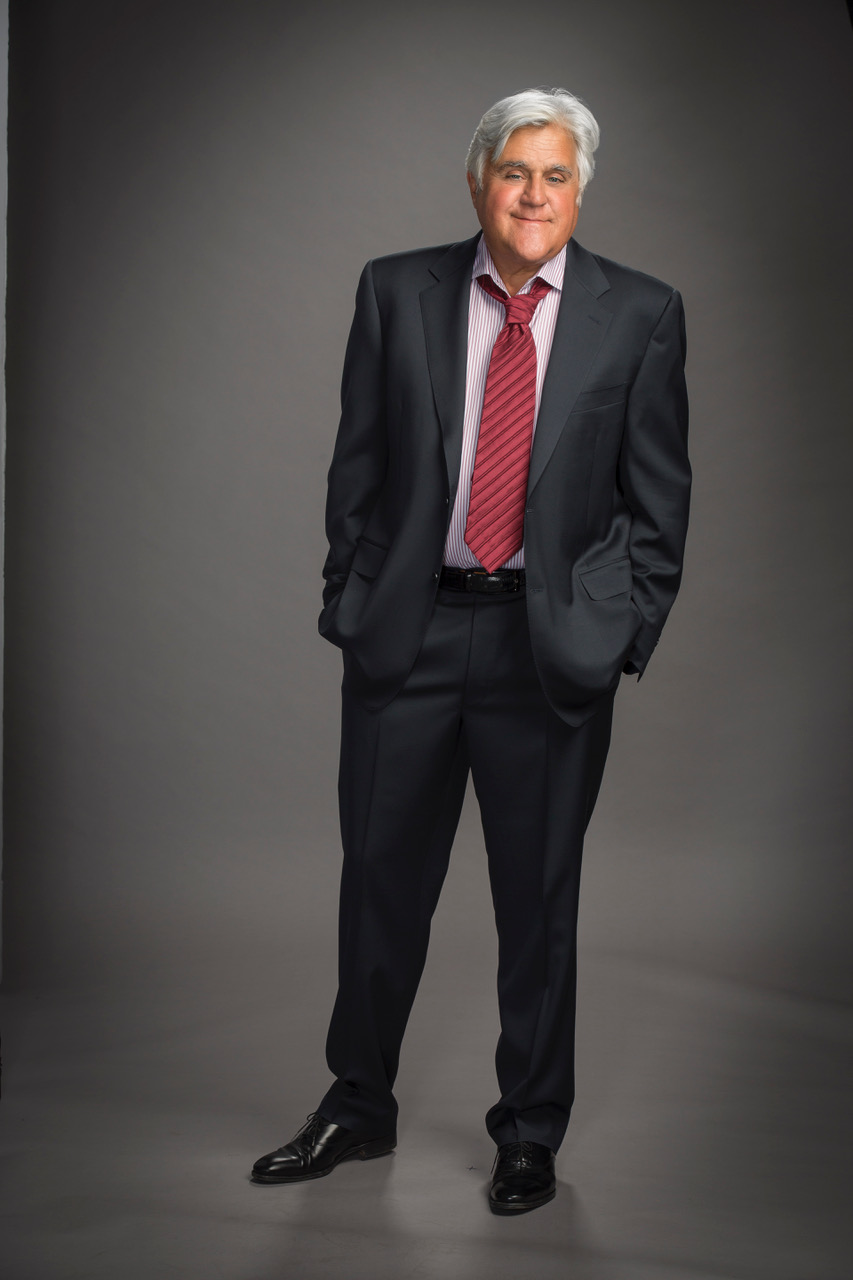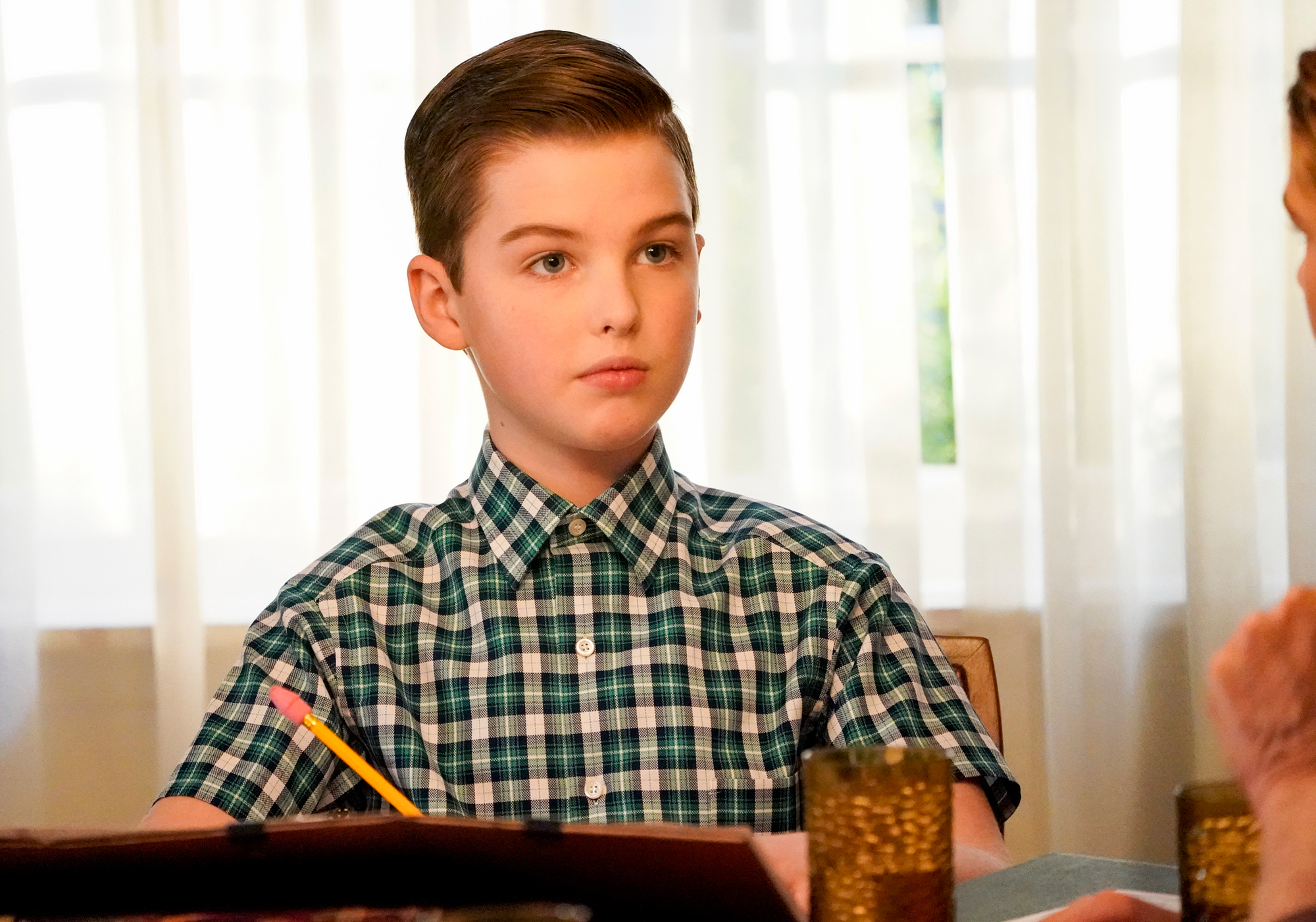As TV Evolves, So Does Syndication
Content producers seek new revenue streams on other platforms

The smarter way to stay on top of broadcasting and cable industry. Sign up below
You are now subscribed
Your newsletter sign-up was successful
Like all of television, syndication is transforming.
With audiences continuing to fragment across linear, digital and streaming landscapes, it’s getting increasingly difficult to earn sufficient revenue from producing and distributing a show on linear broadcast alone. As a result, syndicators are looking to create more revenue streams with every piece of content they produce.
Syndicators are still bringing major shows to market with the intention of landing them on TV stations first and foremost. For fall 2021, these include Fox’s You Bet Your Life, starring Jay Leno; Debmar-Mercury’s Nick Cannon, the launch of which was delayed last year; and Sony Pictures Television’s The Good Dish. That said, don’t be surprised if these new shows also show up on non-broadcast platforms.
One of the biggest changes to TV has been major media companies — and particularly WarnerMedia and The Walt Disney Co. — shifting focus almost solely to streaming and to new services, HBO Max and Disney Plus, respectively.
While Disney has long only produced first-run shows chiefly for its owned stations and then sold those shows, such as Tamron Hall, to other stations in non-ABC-owned markets, Warner Bros. is a large third-party producer of shows such as Ellen DeGeneres, TMZ and Extra. Warner Bros. also was always actively developing and testing new shows, frequently partnering with Fox Television Stations. With those studios no longer very active in first-run syndication, it could, on one hand, mean less programming for TV stations, but on the other, it could mean production vacuums that other companies can step in to fill.
“The studios have abandoned this space,” Byron Allen, chairman and CEO of Allen Media Group and Entertainment Studios, said. “The studios broke up with the TV stations and didn’t even email them. The studios basically said, ‘Check me out on social media and streaming.’ Stations’ studio boyfriend is all over the internet and it’s called streaming.”
Finding New Revenue Streams

Companies remaining in the space are considering how streaming platforms fit into their overall distribution models. Some shows are still produced specifically to air on TV stations in linear schedules, but most executives are thinking about additional revenue models as they develop shows and take them to market.
The smarter way to stay on top of broadcasting and cable industry. Sign up below
“The TV audience has declined so now stations don’t pay as much for syndicated shows as they once did,” John Weiser, president, first-run production, Sony Pictures Television, said. “TV stations have the same high standards but they don’t have the same money, so we have to explore complementary revenue opportunities. The good news is, digital viewers are not linear viewers. One does not cannibalize another.
“I think it’s the natural evolution of the market,” Weiser continued. “The way you distribute a program is by evaluating where it will work best. Right after that is figuring out the best way to extract full value for the program.”
Said another syndication executive: “The reality is with the license fees that stations are paying and trying to pay, they are effectively requiring us to go find other money. There needs to be a balance, and it’s good for the stations if a show is profitable. If you’re Tubi or YouTube, you’re happy to have the show, and if you’re a TV station, you’re OK with that because you want to pay X per week, not Y.”
For example, NBCUniversal’s The Kelly Clarkson Show, which has been renewed across the entire country for two more seasons, also has a run on Peacock, the company’s nascent streaming service.
“Being on streaming is a must,” NBCUniversal Syndication Studios executive VP, syndication sales Sean O’Boyle said. “For everything we do going forward, we’ll have a consideration for streaming. That’s baked into the contracts now and I would think it would be industry standard going forward.”
Along those lines, SPT earlier this month said Dr. Oz was getting a run on advertising-supported video-on-demand (AVOD) service Pluto TV, and Fox station executives have said they would be willing to share syndicated shows with their co-owned AVOD Tubi. In addition, Allen Media Group late last year bought MGM diginets This TV and Light TV, automatically expanding Entertainment Studios’ distribution opportunities.
Getting Creative with Financials

Other creative financial models also are popping up.
NBCUniversal’s original conflict talker, Maury, starring Maury Povich, who turned 82 on Jan. 17, will go out of first-run production after the 2021-22 season. As the show wraps up its 30-year run, having launched in 1991, NBCUniversal is developing a new series featuring one of the show’s guest co-hosts that it plans to offer to stations. But stations also will be able to license the show’s repeats, just like they are doing now with Jerry Springer, which went out of production in 2018.
“These shows are not day-and-date and they do have a very long library life, so we’re looking at all angles for what we should be doing with these libraries, which have very loyal fan bases,” Tracie Wilson, executive VP, NBCUniversal Syndication Studios, said. “It’s all exciting because the business is evolving and we’re evolving with it.”
Not so long ago, repeats were anathema in syndication, and to some extent that remains true. Day-and-date talkers such as Warner Bros.’s Ellen, Debmar-Mercury’s Wendy Williams and CTD’s Dr. Phil tend to see ratings decline when they go into repeats.
But for some long-running shows, viewers turn up whether the show is in originals or not. NBCUniversal has offered Springer repeats to stations for the past two years. Starting this fall, the renamed CBS Media Ventures will provide stations with repeats of Judge Judy when that show ends first-run production after this season, the show’s 25th. (Meanwhile Judge Judy Sheindlin, 78, is taking a new first-run version of her show to Amazon’s IMDb TV.)
Also as part of monetizing existing content, NBCUniversal is deploying other off -network series across the television landscape. A syndicated version of Dateline, which airs only true-crime stories, is in its fourth season with a fifth sold and on its way; and NBCU has cleared Law & Order: Special Victims Unit as a strip in 80% of the country. NBCU also is looking at bringing out Chicago Fire, which is in its ninth season, as a weekly and possibly a primetime offering this fall.
Entertainment Studios found a treasure trove of content when Allen Media Group acquired The Weather Channel in 2018 for $300 million. As a result, Entertainment Studios has three new off -Weather Channel series coming out this fall: strip Highway to Hell and weeklies Top Ten and SOS How to Survive. Last year, Entertainment Studios sold two other off -Weather Channel weeklies, Weather Gone Viral and Storm of Suspicion, in 99% of the country.
“We got into The Weather Channel and realized it was a gold mine,” Allen said. “We have enough content to fill these television stations for years. We took them into the syndication marketplace and ended up with our best station lineup ever.”
“These traditional affiliates’ No. 1 driver is weather,” Entertainment Studios president, domestic television distribution Andrew Temple said. “When they have access to weather content, they’re going to take it and use it to promote their own brand. The great thing about the landscape is that it’s evolving. It’s the digital revolution and content is the new gas and oil that’s fueling it.”
Turning Assets Into Shows

Meanwhile, station groups are looking at their assets and figuring out how they can use them to provide their own programming. Tegna’s Daily Blast Live, which is produced from KUSA Denver, is in its fourth season and headed into its fifth. It airs on 80 stations in 76 markets and in one-third of its markets, the show is on non-Tegna owned stations, including stations owned by E.W. Scripps, Hearst Television and Gray Television.
Daily Blast Live was always a linear and digital play from its inception. Two hours of content is produced each day for linear broadcast as well as four and a half hours streamed live every day on Twitch, Twitter, Facebook and YouTube; on Daily Blast Live’s own website and app; and on Tegna’s over-the-top station apps.
“We believe in digital as strongly as we believe in broadcast,” Tegna VP, original programming and development Lisa Kridos said.
“I think it’s the most relevant talk show on television,” said Daily Blast Live executive producer Burt Dubrow, who joined the show in its second season and previously launched such programs as Sally Jessy Raphael and Jerry Springer. “When you watch us, there’s a freshness to us, a feeling of, ‘I’ve never thought of it that way before.’”
Meredith is airing People (the TV Show!), with hosts Kay Adams and Lawrence K. Jackson and special correspondents Gretchen Carlson and Nancy O’Dell, in 12 markets after launching this fall. The show is based on People magazine, which Meredith added to its portfolio after its $2.8 billion acquisition of Time Inc. in 2018. Sony is currently selling the access magazine to stations across the country with a national launch target of fall 2022.
“We’re presenting stations with a multiplatform opportunity for People,” Weiser said. “We will have sponsorable vignettes and other sales tools for stations to use on their lifestyle and morning shows and on their digital platforms. We have a lot of experience with those because we’ve done the same thing with Dr. Oz.”
For Meredith, the acquisition of Time was just the starting point. “When we bought Time Inc., we took a clear look at the playing field and this was one of the most obvious opportunities that we identified right off the bat,” Patrick McCreery, president, Meredith Local Media Group, said. “People is a brand that’s been around for more than 50 years that didn’t have its rightful place in the TV segment.”
“We wanted to do this differently than we had done it in the past. We operated with two guiding principles: That this would be a viable product on the Meredith TV stations with or without anybody else, but that we would also create a product that everybody else would want. I think we have achieved that.”
Meredith is working on turning other Time Inc. brands into TV shows, McCreery said. Southern Living already is a weekly series with 26 episodes produced and a second season greenlit, and the company is developing something around lifestyle brand Better Homes & Gardens.
Off-Net Is Still in Business

Finally, off -network syndication remains a business, although a declining one. Warner Bros. Domestic Television this fall will launch The Big Bang Theory spinoff Young Sheldon off CBS, with Nexstar Media Group serving as the launch group.
“Young Sheldon is the No. 1 comedy in primetime and it held the biggest audience leading out of Bang than any other show,” Warner Bros. Domestic Television executive VP David Decker said. “And when it aired on its own, without Bang, it over-delivered.”
Warner Bros. also has renewed The Big Bang Theory, syndication’s top off -net sitcom, for a second cycle starting in 2023, and Friends for a fourth cycle. NBCU is renewing Monk across the country, and Debmar-Mercury’s Schitt’s Creek just launched this fall. SPT is rolling out The Good Doctor off ABC and SWAT off CBS for weekend hours this fall, as well as selling new cycles of Seinfeld and King of Queens. Looking ahead, Disney has sitcom American Housewife coming as an off-net strip in 2022, as well as weekly hours The Resident and 9-1-1.
TV’s great disruption has finally pushed syndicators and stations to work in partnership for mutually assured success. “You need to give stations as many tools to be successful as you can,” Decker said. “It’s no longer a business where you are just trying to jam these things through. We are playing cards-up poker. We have to make this work for the stations or we also lose.”
Contributing editor Paige Albiniak has been covering the business of television for more than 25 years. She is a longtime contributor to Next TV, Broadcasting + Cable and Multichannel News. She concurrently serves as editorial director for The Global Entertainment Marketing Academy of Arts & Sciences (G.E.M.A.). She has written for such publications as TVNewsCheck, The New York Post, Variety, CBS Watch and more. Albiniak was B+C’s Los Angeles bureau chief from September 2002 to 2004, and an associate editor covering Congress and lobbying for the magazine in Washington, D.C., from January 1997 - September 2002.

